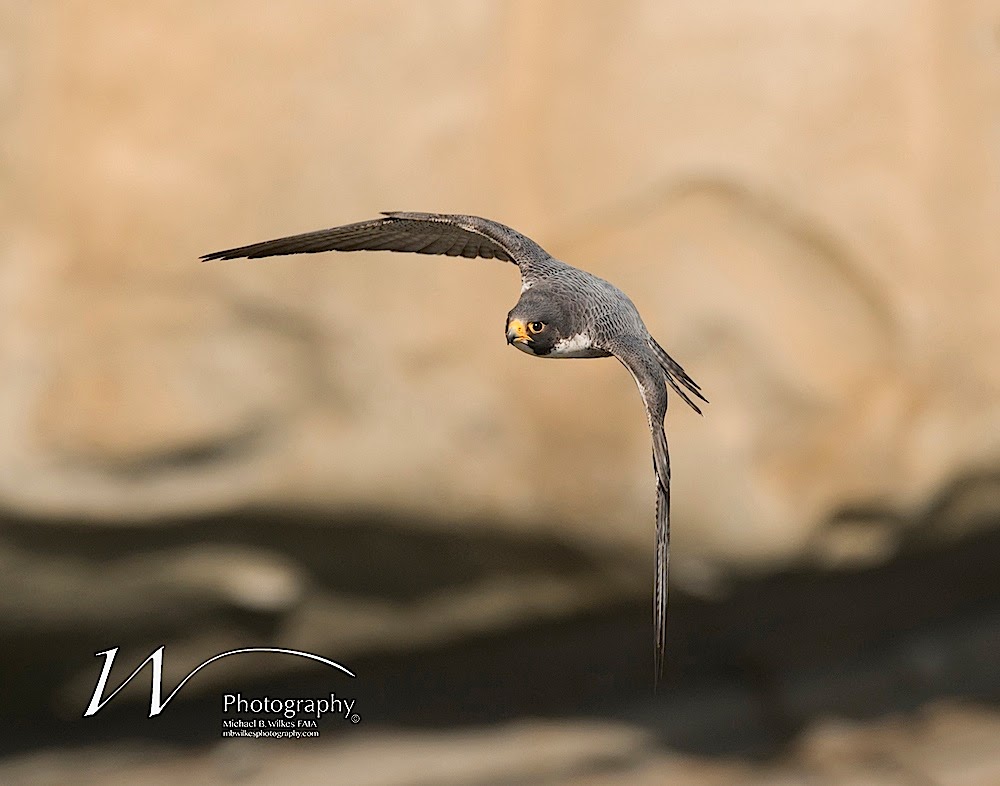Select a fictional character from a
favorite book or movie. Place this individual in another stage of life.
How would Huck Finn act as an 70
year old English professor? Could you write about Cinderella as a
grandmother discovering her grandson has a problem?
Follow Hamlet one day as a teenager whose girl friend has rejected him. Imagine Juliet as an entrepereur on Wall Street.
Follow Hamlet one day as a teenager whose girl friend has rejected him. Imagine Juliet as an entrepereur on Wall Street.
Write about your favorite
characters with their different age challenges and circumstances.
Continue experimenting with character traits.
Build a character with dimensions.
Choose an uresolved relationship.
Add a chat with a mysterious family member.
Provide a frustrating situation.
Include a problematic love interest.
Create irritation from a co-worker.
Stir in some feelings of bliss.
What do you have?
































